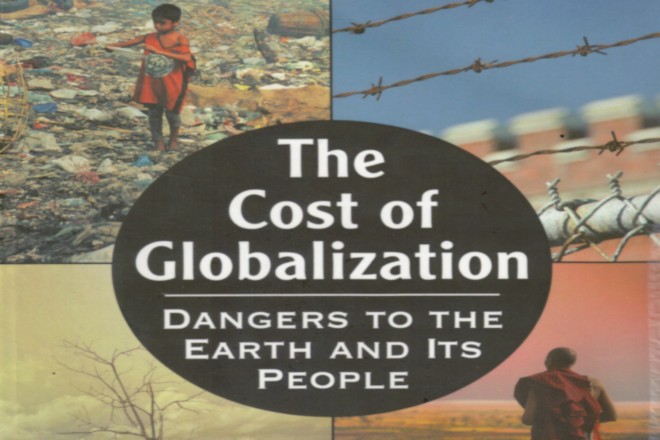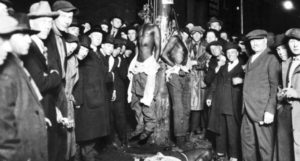

Both that colonized nation and the Indian nations were self-sufficient and economically whole, while the Euro-Amerikan invasion society was parasitic” (9).īy the mid-1800s, there were many white wage-workers in the US. It argues that settler society “was abnormal because it was dependent upon a foundation of conquest, genocide, and enslavement”… It is the absolute characteristic of settler society to be parasitic, dependent upon the super-exploitation of oppressed peoples for its style of life… This is the decisive factor in the consciousness of all classes and strata of white society from 1600 to now” (6).įrom the era of slavery, people of African origin were “a complete nation – that is, possessing among its people a complete range of applied sciences, practical crafts and productive labor. The book covers the history of the US from early colonialism to the 1980s.

My focus is on the book’s analysis of racism and the working class (which determines how Sakai interprets the historical evidence) and its political approach.Ī) Analysis of Racism and the Working Class Although a systematic evaluation of the book’s historical account by someone with a thorough knowledge of the history of the working class and oppressed peoples in the US would be worthwhile, this isn’t such a review. Settlers was written as a history of the European-origin working class in the US, as a polemic against other currents on the radical left. People committed to a strategy of social change based on the self-organized struggles of workers and oppressed peoples should clearly repudiate the kind of analysis and politics found in Sakai’s writings and develop an alternative. Because its ideas have some influence among anti-capitalists, they deserve to be challenged. Unfortunately, the ideas of Settlers are so flawed that they are an obstacle to developing the kind of anti-racist working-class politics needed today. In some radical circles, J Sakai’s book Settlers: The Mythology of the White Proletariat (3rd ed.,1989) and the interview with Sakai published as the pamphlet When Race Burns Class: Settlers Revisited (2000) have been suggested as valuable resources for anti-capitalist anti-racists. Searching for analysis that helps us understand racism so we can fight it more effectively is part of this commitment.

With racism becoming more intense in the US and the Canadian state, there are signs that some young activists are taking anti-racism more seriously than was the case in the recent past.


 0 kommentar(er)
0 kommentar(er)
